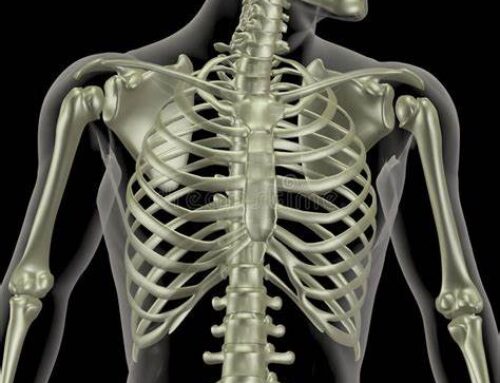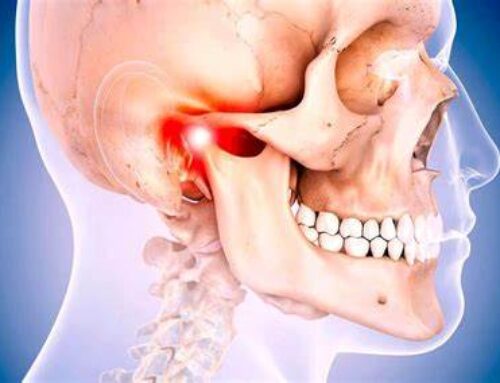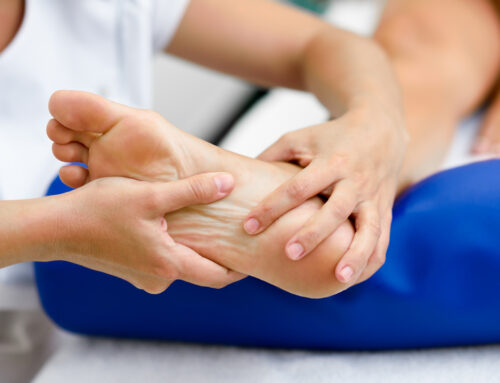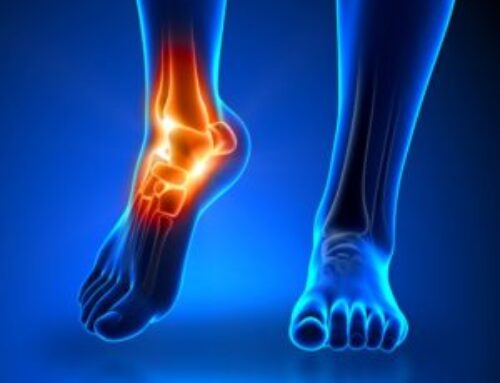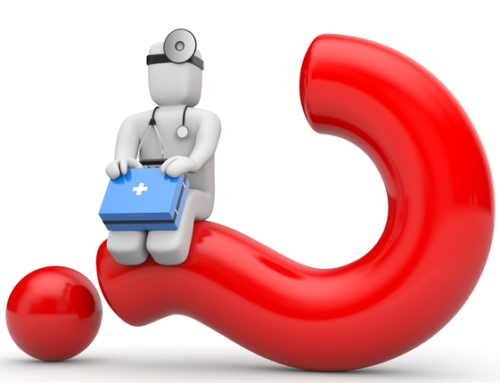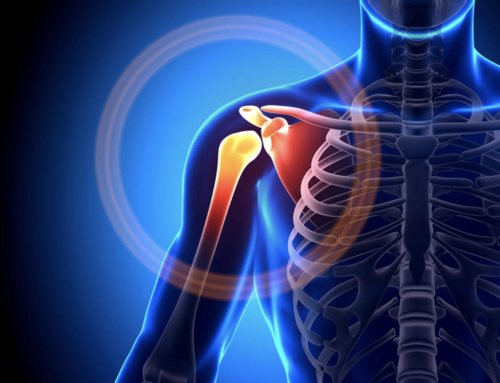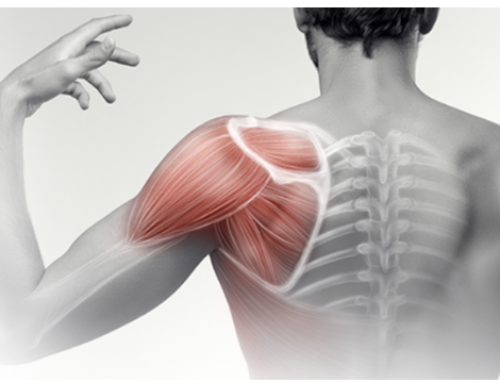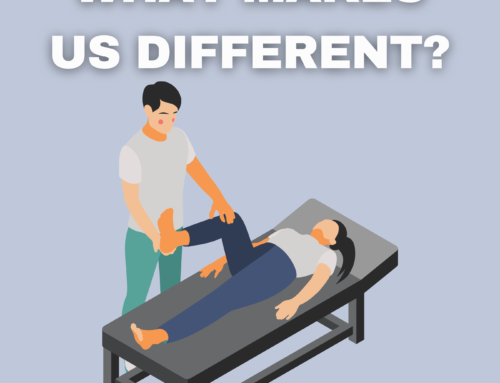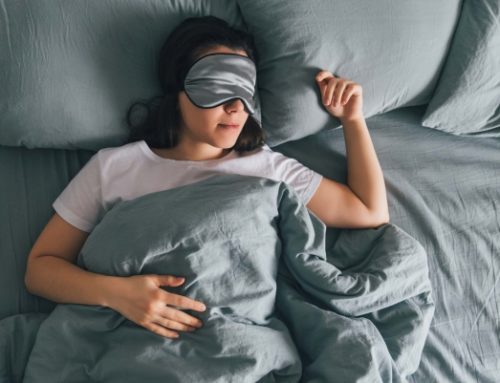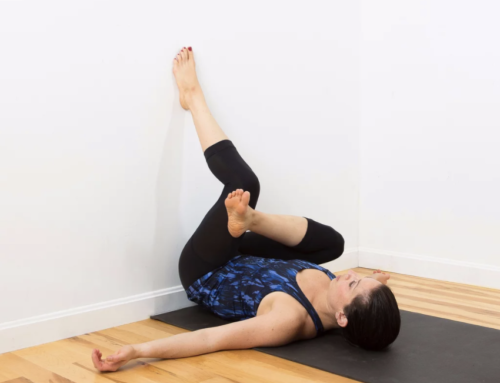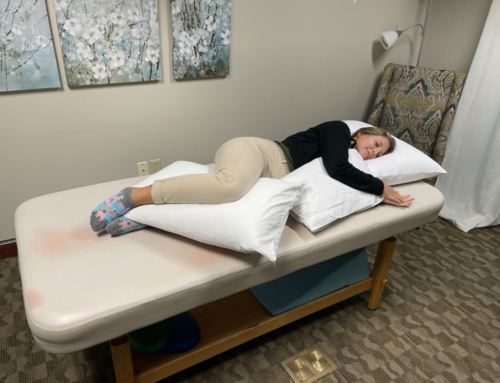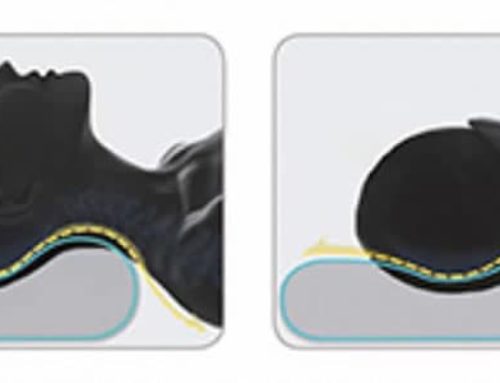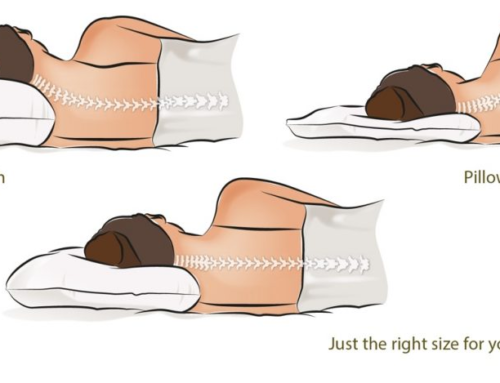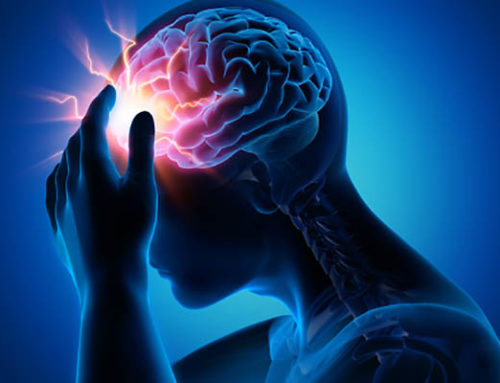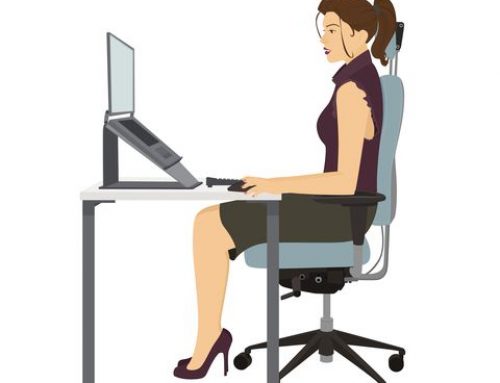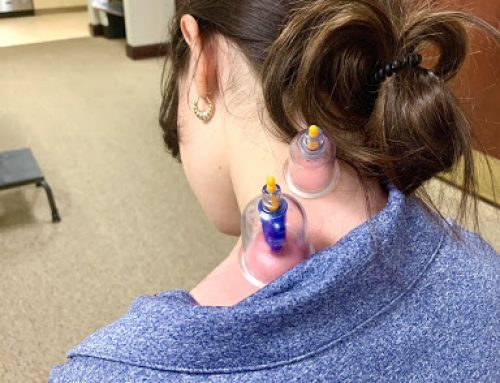Is there a difference between dizziness and balance issues? Are the two related? What causes one versus the other?
Did you know that dizziness is the number one complaint of people over the age of 70? Did you know that 85% of balance and vertigo dysfunctions may be inner ear-related? Did you know falls are the lead cause of accidental deaths in people over the age of 65?
A lot of people claim to be dizzy when they really have balance issues and vice versa. It is actually difficult to describe what dizziness is without using the word dizzy. Let’s take a shot at it. The Mayo Clinic defines dizziness as a range of sensations, such as feeling faint, woozy, weak or unsteady.
The symptoms can include People experiencing dizziness may describe it as any of a number of sensations, such as:
A false sense of motion or spinning (vertigo)
Lightheadedness or feeling faint
Unsteadiness or a loss of balance
A feeling of floating, wooziness or heavy-headedness
The duration of symptoms can be short-lived or they can last for days or even months. There are different types of dizziness that can occur. Dizziness is a changed pattern in the brain that can usually be corrected.
Balance is defined as your body’s ability to remain upright or your ability to orient yourself in a given environment. Balance is controlled by 3 different systems to help keep you upright and from falling.
Those three systems include:
Visual system- humans primarily use their vision to maintain their balance. This gives you an ability to focus on a point to keep yourself upright. This is also the reason why the majority of falls occur during walking in dimly light areas or at night.
Inner Ear- The inner ear gives us information as to the speed and direction that our head is moving. This means that in a normally functioning inner ear when we turn our head to the left our body recognizes that and adjusts accordingly.
Proprioceptive system- This is our body’s ability to tell where we are in space. For example, if we close our eyes and someone moves our arm or leg, we are able to tell where the limb is without seeing it. This plays an important role in your feet and ankle to tell the position of them while walking.
Dizziness does affect balance as people with dizziness issues are 2-3 times more likely to fall or lose their balance. Balance is affected by the surface you are walking on. Softer surfaces like sand will be harder to walk on due to balance issues. Visual input is important as walking in well-lit rooms or outside will have a better balance.
The good news is that we can combat these issues with regular training activities and physical therapy. We do NOT need to have a fall to have our balance tested. Usually after the fall, it is too late to avoid an injury.
If you are worried about falls, Come in today and get your balance assessed by one of our therapists to help prevent falls and keep you upright.






